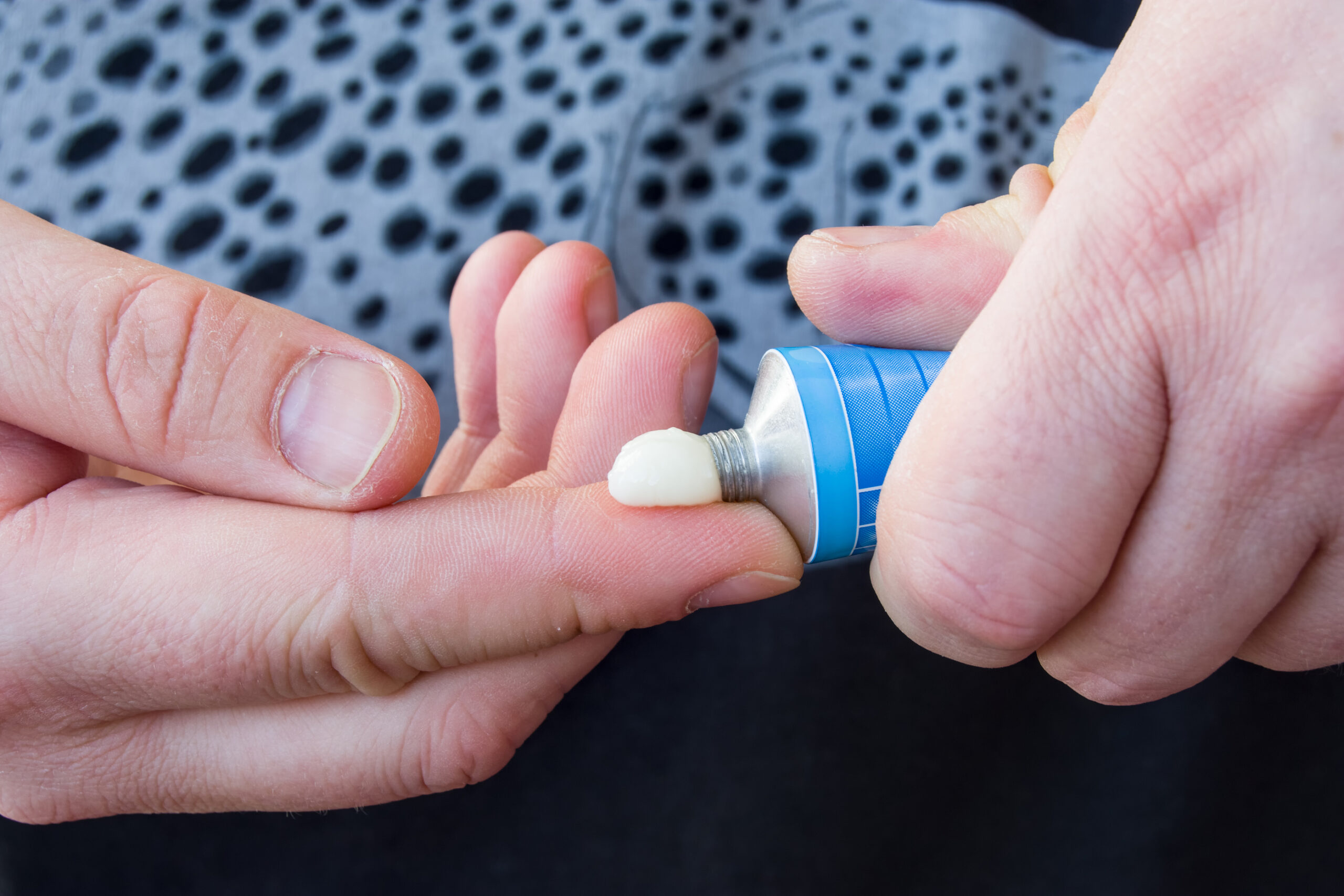Hair loss and acne are two common concerns that affect people of all ages. While they may seem unrelated, certain medications used to treat acne can also contribute to hair loss. Understanding the potential side effects of these medications is crucial for anyone experiencing hair loss while undergoing acne treatment. Learn more in this post from Eldorado.
Understanding Hair Loss Causes
Hair loss, medically known as alopecia, can result from various factors, including:
- Genetics
- Hormonal imbalances
- Medical conditions
- Medications
- Stress
- Poor nutrition
- Aging
- Scalp infections
- Trauma or injury to the scalp
Certain medications, such as those used to treat acne, may disrupt the normal hair growth cycle, leading to hair thinning or shedding.
Acne Medications and Hair Loss
Acne medications play a crucial role in managing and treating acne, but it’s essential to be aware of potential side effects, including hair loss. While not everyone experiences hair loss while using acne medications, it’s a known side effect associated with certain treatments.
Isotretinoin (Accutane)
One of the most potent acne medications linked to hair loss is isotretinoin, commonly marketed under the brand name Accutane. Isotretinoin is a retinoid derived from vitamin A and is highly effective in treating severe or cystic acne that has not responded to other treatments.
Despite its effectiveness in clearing acne, isotretinoin has been reported to cause temporary hair shedding in some individuals. This shedding typically occurs within the first few months of starting treatment and may persist until the medication is discontinued.
The exact mechanism by which isotretinoin induces hair loss is not fully understood. However, it is believed to disrupt the normal hair growth cycle, leading to increased shedding or thinning of the hair. Isotretinoin may also affect the hair follicles’ ability to produce healthy, robust hair strands, resulting in noticeable hair loss.
Other Acne Medications
While isotretinoin is one of the most well-known acne medications linked to hair loss, other treatments may also contribute to hair thinning or shedding in some individuals. These may include:
- Topical retinoids
- Oral antibiotics
- Hormonal therapies (such as birth control pills)
- Corticosteroids
- Benzoyl peroxide
- Salicylic acid
- Azelaic acid
- Dapsone
- Sulfur-based treatments
Recognizing the Signs of Hair Loss from Acne Medications
1. Excessive Hair Shedding
One of the earliest indicators of hair loss related to acne medications is excessive shedding. Individuals may notice an increased amount of hair fall during routine activities such as washing, brushing, or styling their hair. Paying attention to the quantity of hair shed daily can help identify abnormal patterns and prompt further evaluation.
2. Thinning of Hair
As hair loss progresses, affected individuals may observe noticeable thinning of the hair, particularly in areas where acne medications are applied, such as the scalp or face. Thinning may occur gradually over time or become more pronounced, leading to a reduction in hair density and volume.
3. Changes in Hair Texture
Hair affected by medication-induced hair loss may undergo changes in texture, becoming brittle, dry, or dull in appearance. These changes can manifest as roughness, frizziness, or lack of luster, indicating underlying damage to the hair shafts. Observing alterations in hair texture alongside other signs of hair loss can provide valuable insights into the underlying cause.
4. Scalp Sensitivity or Irritation
Some individuals may experience scalp sensitivity or irritation as a result of using acne medications, particularly those containing potent ingredients such as retinoids or benzoyl peroxide. Persistent scalp discomfort, itching, or redness may accompany hair loss symptoms and warrant further assessment by a healthcare professional.
Minimizing Hair Loss While Using Acne Medications
Consultation with a Dermatologist
Before starting any acne medication, it is essential to consult with a dermatologist or healthcare provider. They can assess your skin condition, medical history, and potential risk factors for hair loss. During the consultation, be sure to discuss any concerns or questions you have about hair loss and inquire about potential alternative treatment options.
Alternative Treatment Options
If hair loss becomes a significant concern while using acne medications, discuss alternative treatment options with your dermatologist. They may recommend switching to a different medication or adjusting the dosage to minimize side effects.
Hair Care Practices
Implementing gentle hair care practices can help reduce further hair loss and promote overall hair health. Consider the following tips:
- Use mild shampoos formulated for sensitive or damaged hair.
- Avoid excessive heat styling, such as blow drying, curling, or straightening, which can damage the hair shafts.
- Minimize hair manipulation, including brushing or combing, especially when the hair is wet and more prone to breakage.
- Consider using a wide-tooth comb or a soft-bristle brush to detangle hair gently.
- Protect your hair from environmental damage by wearing a hat or scarf when exposed to sunlight or harsh weather conditions.
The Role of Hair Restoration Professionals
Importance of Seeking Professional Help
Dealing with hair loss can be emotionally challenging, especially when it occurs as a side effect of acne medications. Working with a hair restoration service can provide valuable support and guidance throughout the process.
Customized Treatment Plans
Hair restoration professionals specialize in assessing individual hair loss patterns and developing customized treatment plans tailored to each client’s needs. Whether through medical interventions, like hair transplantation, or non-surgical options like laser therapy, they can offer comprehensive solutions to address hair loss concerns.
Emotional Support
In addition to providing clinical treatments, hair restoration professionals offer emotional support and encouragement to individuals experiencing hair loss. They understand the impact hair loss can have on self-esteem and self-image and strive to empower their clients throughout their hair restoration journey.
In Conclusion
While acne medications can effectively treat skin conditions, it is important to be aware of potential side effects, including hair loss. By consulting with a dermatologist before starting any acne medication, you can receive personalized care and guidance tailored to your needs and concerns. By working with professionals and adopting some lifestyle changes, you can navigate your acne treatment journey with confidence and support, ultimately promoting both skin and hair health.
Contact Eldorado
If you’re experiencing hair loss as a side effect of acne medications or any other reason, Eldorado Hair Restoration is here to help. Our team of experienced hair restoration professionals is dedicated to providing personalized care and effective solutions to restore your confidence and natural hair growth.
Contact us today to schedule a consultation and take the first step towards reclaiming your hair and confidence.




